Question And Answer
Publications
Articles, publications, books, tools and multimedia features from the U.S. Institute of Peace provide the latest news, analysis, research findings, practitioner guides and reports, all related to the conflict zones and issues that are at the center of the Institute’s work to prevent and reduce violent conflict.
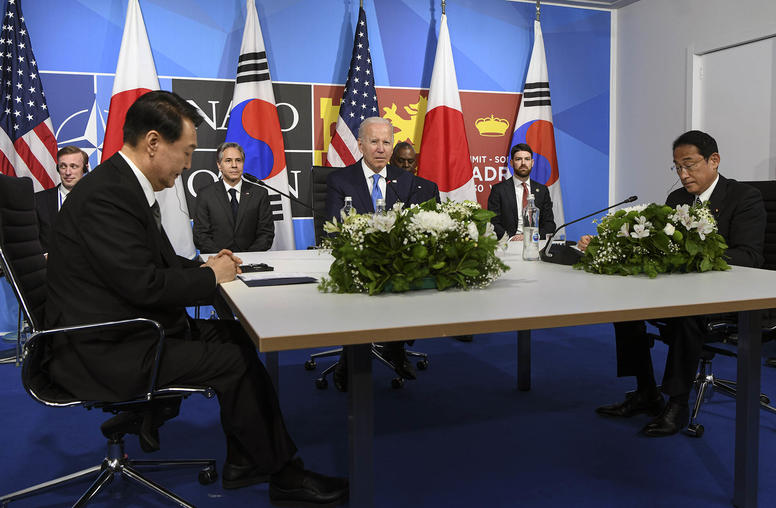
Mended Ties Between Japan and South Korea Would Boost Regional Security
Relations between Japan and South Korea have soured in recent years after unresolved disputes re-emerged from acrimonious eras in their shared history. But the current leaders of the two East Asian countries have shown a willingness to rebuild ties. And amid North Korea’s nuclear rhetoric and China’s expanded aims in the region, South Korean Foreign Minister Park Jin’s recent trip to Japan serves as a welcomed first sign of a thaw in bilateral tensions. USIP’s Frank Aum looks at the state of South Korea-Japan relations, how they can be improved, and the geopolitical implications of continued tension amid the challenges posed by China and North Korea.
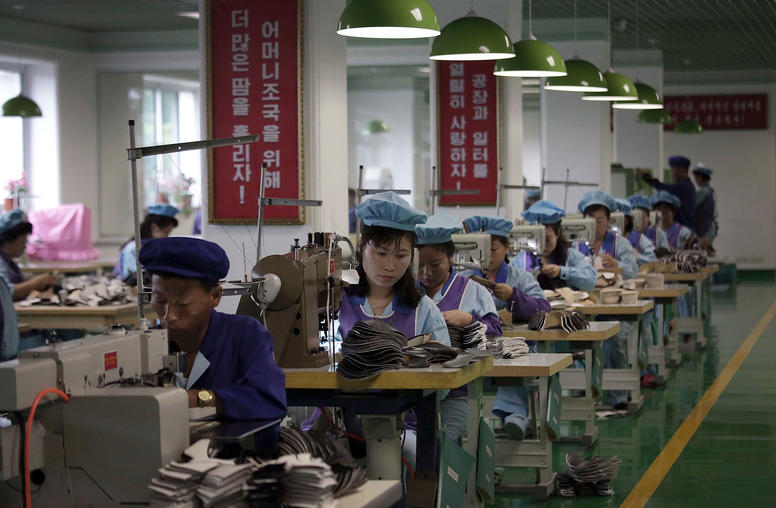
Removing Sanctions on North Korea: Challenges and Potential Pathways
Sanctions have been a key part of US and international policy toward North Korea since the Korean War. In more recent decades, sanctions have been used to deter North Korea from pursuing nuclear weapons and ballistic missiles programs. This report describes the impact sanctions have had on North Korea and examines the question of whether a different approach—one focused on sanctions relief and removal—might better facilitate long-term peace and stability on the Korean Peninsula.
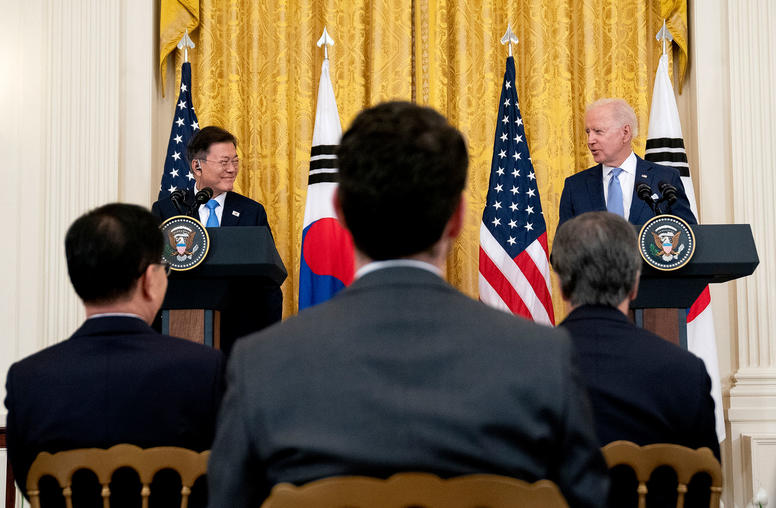
Is an End-of-War Declaration for the Korean Peninsula a Risk Worth Taking?
As efforts to resume nuclear negotiations with Pyongyang go nowhere, the concept of an end-of-war declaration for the Korean Peninsula has become a polarizing topic in both Washington and Seoul. USIP’s Frank Aum explains how it could serve Washington and Seoul’s interests, how such a declaration could advance the peace process between North and South Korea, what risks it could pose and how the U.S. Congress could play a role in shaping such a declaration.
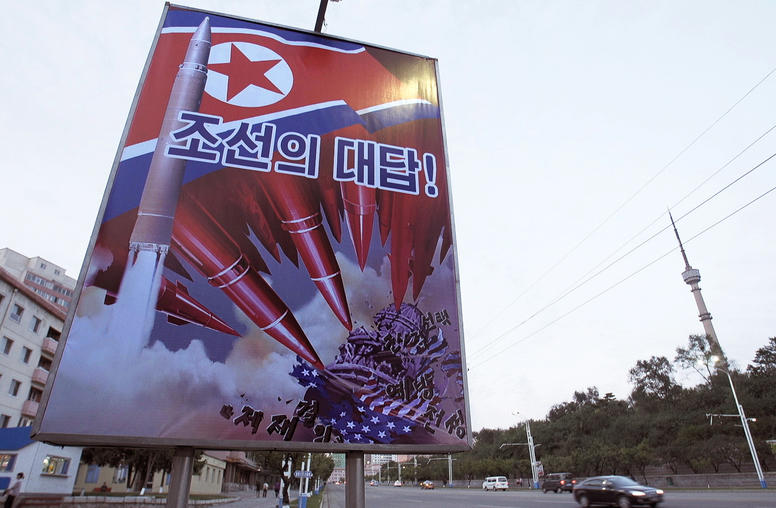
Making Sense of North Korea’s Missile Test
North Korea announced on September 13 that it had tested long-range cruise missiles over the weekend. It described the missiles as a “strategic weapon of great significance.” The test caused alarm in North Korea’s neighbors — South Korea and Japan, both U.S. allies — as the revelation now puts both countries within striking distance. But despite the test, a spokesperson for the Biden administration said the United States remains prepared to engage with North Korea. USIP’s Frank Aum discusses the significance of the tests, the arms race on the Korean Peninsula, and what signals North Korean leader Kim Jong Un may be sending to the United States with this latest test.
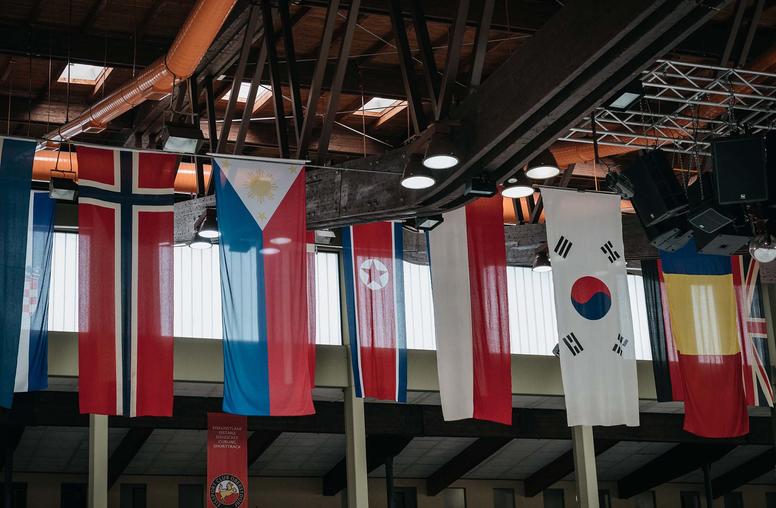
The Case for Maximizing Engagement with North Korea
As the Biden administration’s North Korea policy review nears completion, there is growing worry that it could dig in its heels on previous U.S. efforts to change North Korea’s behavior through isolation and pressure. Early signals indicate the Biden team is prioritizing pressure among many options. Several experts, however, believe this approach will continue to fail because it incorrectly assumes North Korea will yield to coercive tactics and that China will cooperate in this effort.

North Korea in Africa: Historical Solidarity, China’s Role, and Sanctions Evasion
North Korea serves as a mutually beneficial partner for many African governments. Although these ties are often viewed solely through the lens of economic and security interests, this report shows Pyongyang's deep historical connections and ideological linkages with several of the continent’s nations. North Korea–Africa relations are also bolstered by China, which has been complicit in North Korea’s arms and ivory trade, activities providing funds that likely support the Kim regime’s nuclear ambitions and allow it to withstand international sanctions.
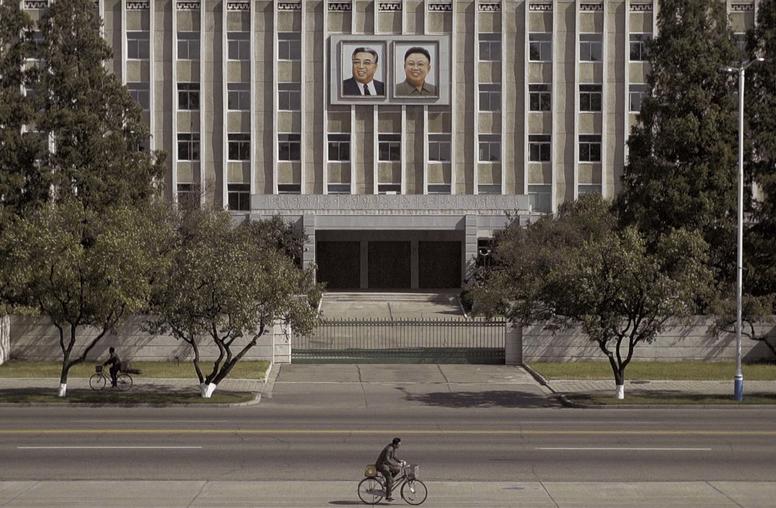
Can Markets Help Foster Civil Society in North Korea?
After North Korea’s planned economy faltered in the 1990’s, resulting in a devastating famine known as the “Arduous March,” citizens turned to an informal market system for survival. Desperate for some semblance of stability, the North Korean state initially tolerated these rudimentary transactions as a financial necessity. These markets have grown in scale and complexity over the last two decades—and in the process, have facilitated the growth of unofficial economic networks that exhibit signs of a nascent semi-autonomous public sphere that is unprecedented in North Korean society.
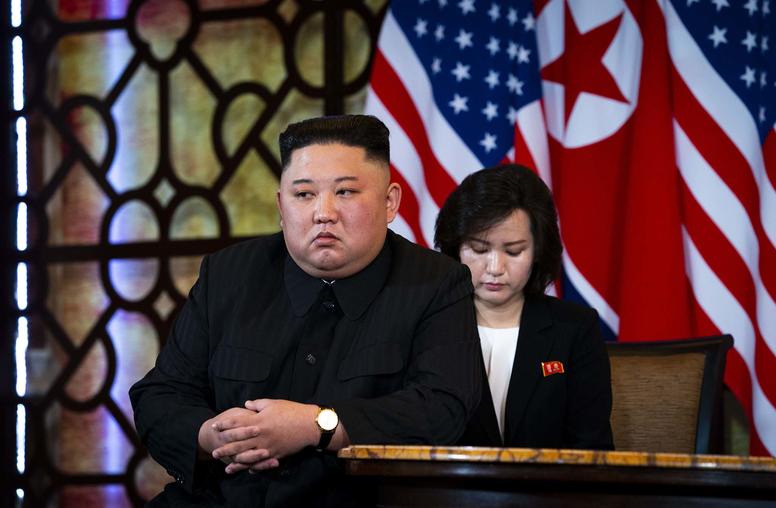
It’s Time to Get Real on North Korea
Weeks after North Korean leader Kim Jong Un vowed to dramatically upgrade his nuclear arsenal, the Biden administration is reviewing U.S. policy on North Korea. A reality check is overdue. The Trump administration’s headline-grabbing threats and summits were just new packaging for the decades-old approach of expecting Beijing’s help to pressure Pyongyang to surrender its nuclear program. This failed again, and North Korea’s threatening capabilities grew. The Biden administration should—and can—establish a more pragmatic, realistic policy to urgently counter this threat, shore up stability, avoid war and advance a deeper, longer game of fundamental change in North Korea.

North Korea Poses Old Challenges to New U.S. Administration
Just a week before President Biden was inaugurated, North Korea provided a reminder that it would continue to pose challenges to Washington—but left the door open for renewed engagement. During Pyongyang’s eighth Party Congress, North Korean leader Kim Jong Un was surprisingly candid about his country’s economic struggles. He also followed a familiar refrain, emphasizing the importance of strengthening North Korea’s military capabilities and calling Washington enemy number one. The Biden administration will come into office facing the same situation with North Korea that has bedeviled Washington for decades.
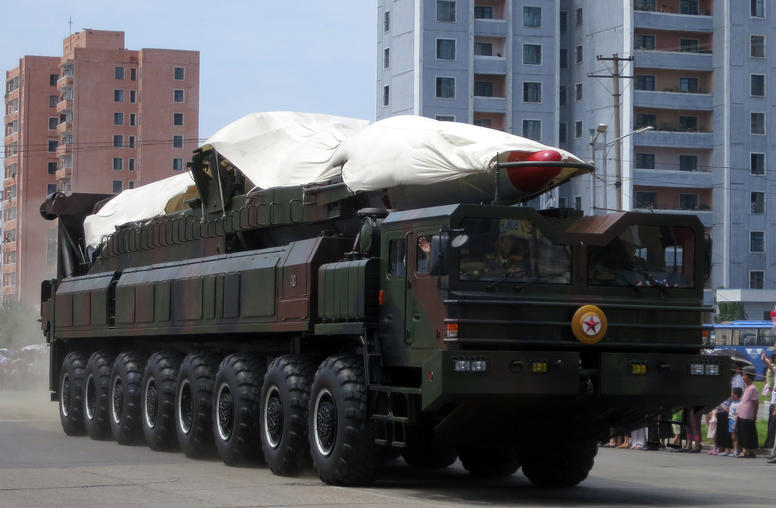
Nuclear Diplomacy with North Korea: What’s Ahead for the Biden Administration?
The Biden administration faces a situation with North Korea similar to what President Obama faced in 2009, with U.S.-DPRK engagement on its last legs. Obama appeared interested in reviving the Six Party Talks, but slow outreach to North Korea allowed Pyongyang to seize the narrative by conducting a satellite launch in April and a nuclear test in May, which doomed engagement for an extended period. Biden will face a similar decision about how to engage North Korea, including whether to move forward with joint U.S.-South Korea military exercises in March, and whether to reaffirm the outcomes of the 2018 joint U.S.-DPRK Singapore Statement, which Pyongyang has yet to renounce but is on life support.